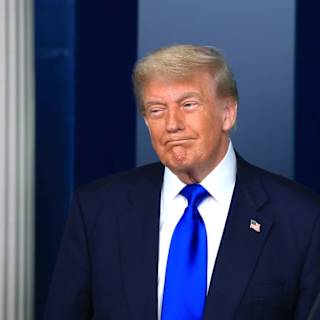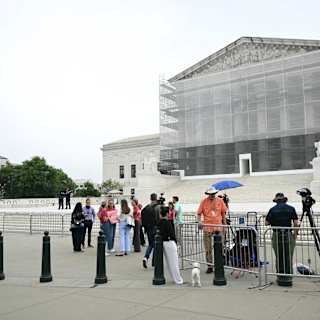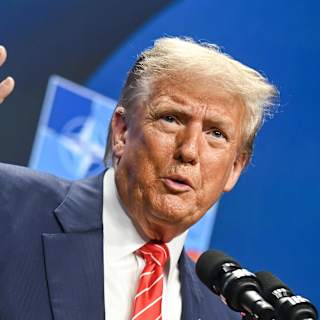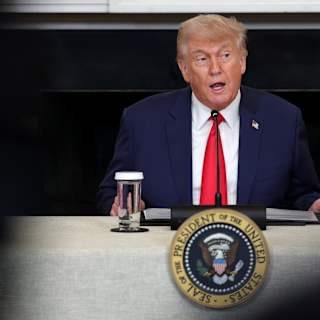- Courts Block, Then Restore Tariffs
- Constitutional Stakes
- Path to High Court
Two prominent constitutional law experts joined the legal battle against President Donald Trump's sweeping tariffs on Tuesday, adding heavyweight legal firepower to challenges that appear destined for the Supreme Court within months.
Michael McConnell, a former federal judge and current Stanford Law professor, and Neal Katyal, former acting solicitor general under President Barack Obama, signed on as co-counsel in one of several lawsuits challenging Trump's use of emergency powers to impose tariffs. The development comes as the Trump administration filed its opening brief Monday night with a federal appeals court, defending the president's authority and promising to take the fight to the nation's highest court if necessary.
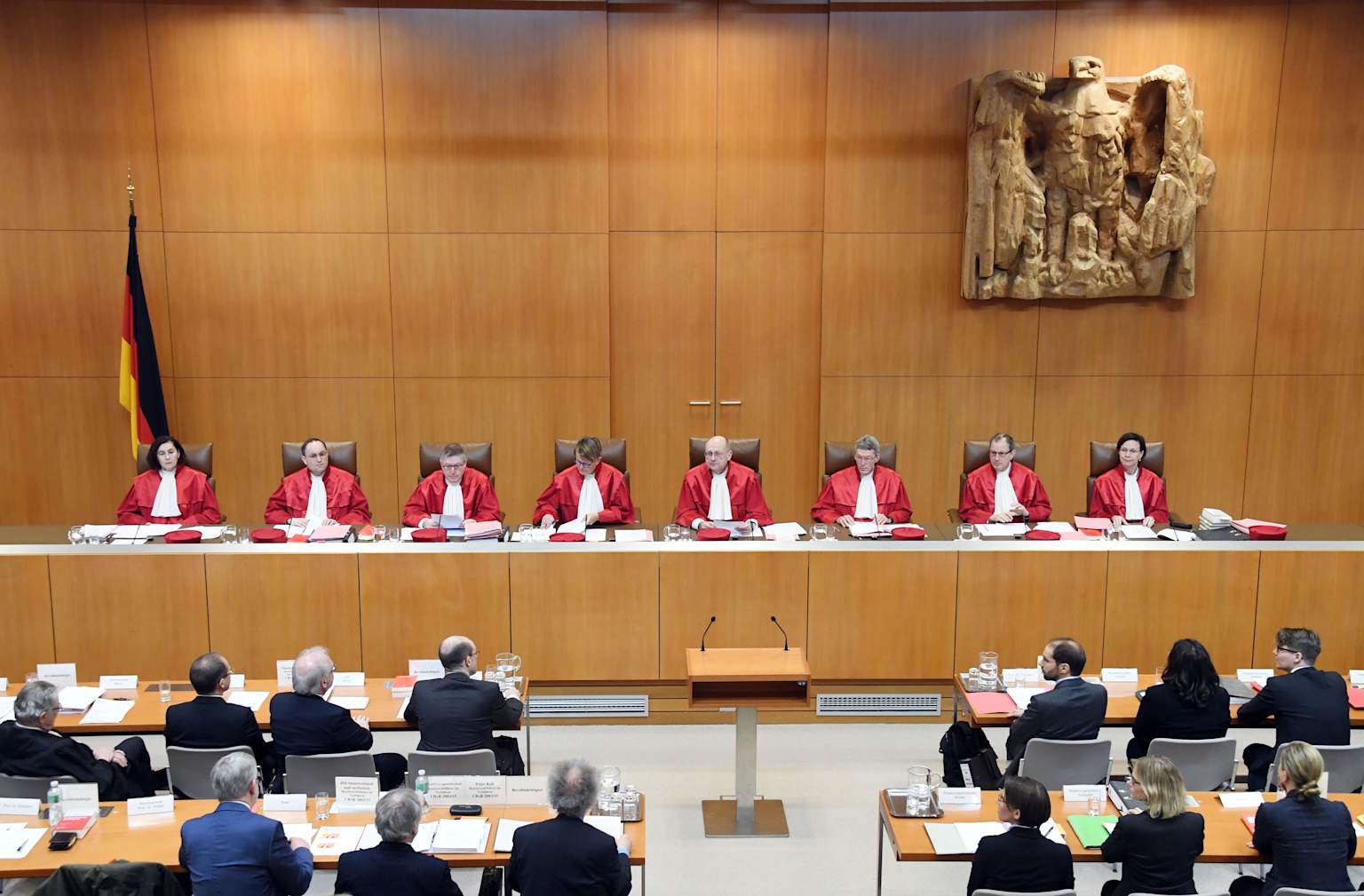
The legal drama began May 28 when the U.S. Court of International Trade unanimously ruled that Trump exceeded his constitutional authority by using the International Emergency Economic Powers Act to impose his "Liberation Day" tariffs—a 10% levy on virtually all imports and higher rates on China, Mexico and Canada1. A three-judge panel, including one Trump appointee, found the tariffs violated the Constitution's grant of trade regulation power exclusively to Congress2.
Within 24 hours, the U.S. Court of Appeals for the Federal Circuit granted the administration's request for a stay, temporarily reinstating the tariffs while the case proceeds1. The appeals court scheduled oral arguments for July 313.
The cases present what legal experts call an unprecedented test of presidential power over trade policy. "More than any other case challenging executive action, the tariff cases combine fundamental principles of structural constitutional law with immense consequences for the economy," McConnell said in a statement1.
The challenges center on whether IEEPA, a 1977 law designed for economic sanctions during national emergencies, grants presidents authority to impose broad tariffs2. While President Nixon used a predecessor statute to impose a 10% import surcharge in 1971, no president had used IEEPA for tariffs until Trump23.
At least two separate cases are working through the federal court system. Besides the trade court case, two Illinois toy companies asked the Supreme Court on June 17 to expedite review of their challenge, requesting arguments as early as September12. The court denied their expedited review request on June 201.
Legal observers expect the Supreme Court will ultimately weigh in, given the constitutional questions and economic impact. According to SCOTUSblog, the justices "rarely opine on trade issues," with their last major tariff case decided in 20093.
"This is headed toward the Supreme Court in the next term," Elizabeth Goitein of the Brennan Center told Democracy Now4.
